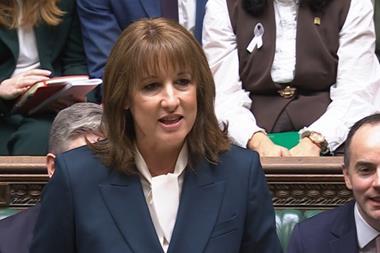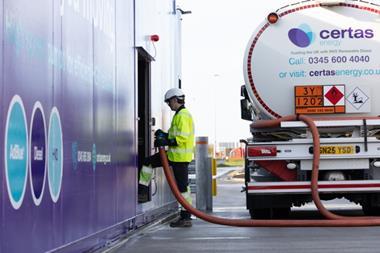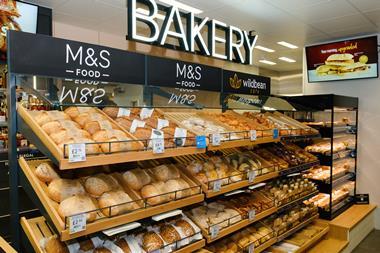New car sales again took a hit in March - with sales of diesel vehicles the biggest casualty - as overall registrations fell by 15.7% compared with the same month last year, according to the latest figures released by the Society of Motor Manufacturers and Traders (SMMT). Sales of pure electric vehicles were also down.
However the organisation said registrations are still running at a historically high level and last month’s market was the fourth biggest March on record. March 2017 was the biggest month ever for new car registrations, as buyers seized the chance to purchase cars before new Vehicle Excise Duty (VED) rates came into force in April last year.
But this year demand from business, fleet and private buyers all fell in March, down by14.3%, 15% and 16.5% respectively. Continuing the recent trend, diesel registrations declined in March, down 37.2%. Registrations of petrol cars was up 0.5%.
Registrations of plug-in and hybrid vehicles continued to rise, albeit modestly, up 5.7%, with demand for plug-in hybrids driving growth - up 18.2% for the month - while sales of pure electric vehicles fell 7.5% to 2,904.
The SMMT figures reveal that new car registrations have fallen for the 12th consecutive month, with year-to-date performance down 12.4%.
The decline in new car sales is attributed to economic and political uncertainty and confusion over air quality plans. Also the latest tax changes announced by the government are doing nothing to encourage consumers to exchange their older diesel vehicles for new lower emission models.
Mike Hawes, SMMT chief executive, said: “March’s decline is not unexpected given the huge surge in registrations in the same month last year. Despite this, the market itself is relatively high with the underlying factors in terms of consumer choice, finance availability and cost of ownership all highly competitive. Consumer and business confidence, however, has taken a knock in recent months and a thriving new car market is essential to the overall health of our economy.
“This means creating the right economic conditions for all types of consumers to have the confidence to buy new vehicles. All technologies, regardless of fuel type, have a role to play in helping improve air quality whilst meeting our climate change targets, so government must do more to encourage consumers to buy new vehicles rather than hang onto their older, more polluting vehicles.”

































No comments yet